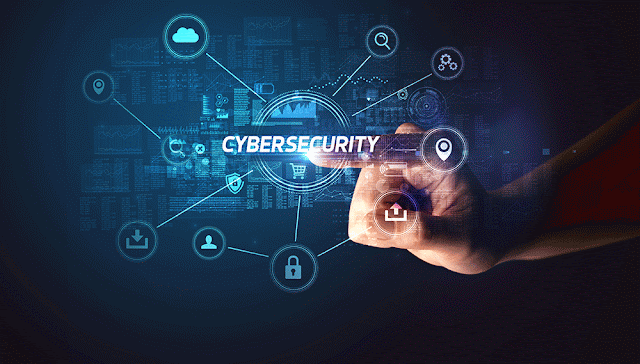Just as we often decide whom to include or not in our conversations and social circles, many online users filter out unnecessary or unwanted elements from their daily digital transactions. However, privacy is a fundamental human right, and with the ever-changing industrial and social trends, current data protection laws have been overarched to digital aspects to guard that right.
The general definition of Data privacy goes like this - “The ability of a person to determine for themselves when, how, and to what extent their personal information is to be shared or communicated and with whom. Personal identifiable information (PII) includes one’s name, location, contact information and real-world behaviour. The US at present houses three different comprehensive consumer privacy laws: California (CCPA and its amendment, CPRA), Virginia (VCDPA), and Colorado (ColoPA). Although data privacy is not a one-size-fits-all entity, many of its subsets are covered under regulatory frameworks such as HIPAA, FCRA, FERPA, GLBA, ECPA, COPPA, and VPPA.
A business can safely and successfully leverage the consumer data it has collected when they have requisite safeguards to ensure it is under tight security and does not fall into the wrong hands. Around 88% of companies now consider cybersecurity as a threat to their business operations rather than just the IT department. Many businesses today are increasingly facing cyber attacks, thanks to collaborating with third-party affiliates.
● Ensuring data safety - While newly collected data should be securely stored, old/redundant data should either be deleted or archived according to the regulations.
● Password protection program - Usage of strong passwords and avoiding sharing the same with colleagues and known persons.
● Update security program - Firewalls, anti-spyware, anti-malware and other security programs need to be checked and run for regular updates for security patching and to steer clear of vulnerabilities.
● Employee training - Be it the importance of data security methods, technology maturity and best safety practices - employees should undergo regular training and do their part to carry out our processes securely.
● Data encryption - Data encryption must be ensured across all personal devices, business devices, and servers.
Ensure maximum data privacy and round-the-clock asset protection with the best cybersecurity consultants at Cybalt. Connect with their cybersecurity consultants, who can advise you on customized solutions at affordable rates and help you achieve your desired scale.

Comments
Post a Comment